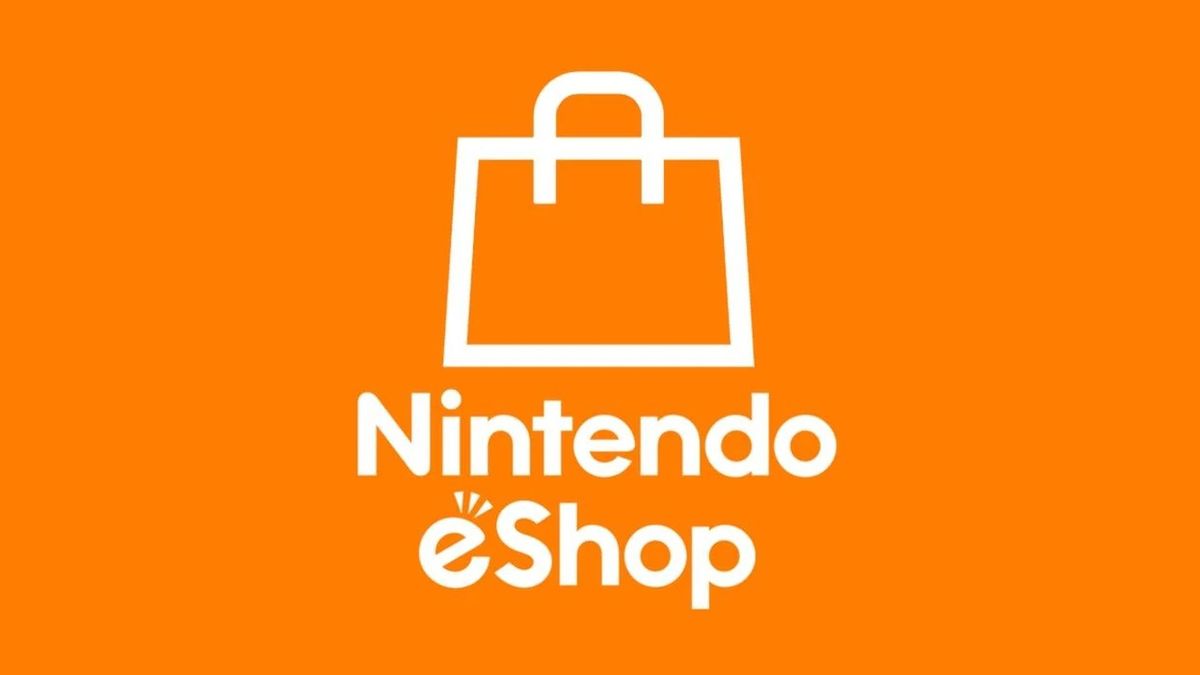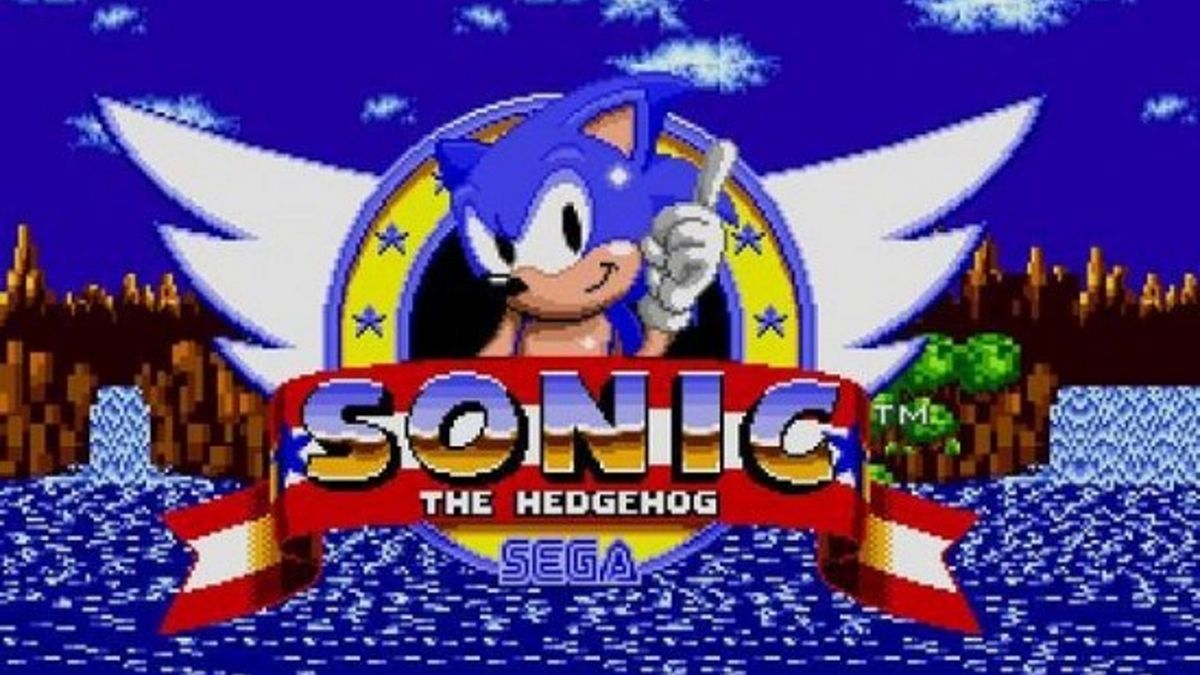Last week, Bungie announced plans to acquire the rights to Destiny (opens in new tab) from its longtime publisher Activision, giving it total control over the series. This is the studio’s second major separation after splitting with Microsoft in 2007, and it too was a decision that surprised the industry at large, but delighted many fans. Activision previously expressed disappointment (opens in new tab) with Destiny 2: Forsaken (opens in new tab)’s sales numbers, and the company has reportedly been cutting costs (opens in new tab) all over the place lately, so many Destiny fans were happy to see their favorite game and the studio behind it freed from the company’s oversight. But how will Bungie’s newfound independence actually affect Destiny?
It’s dangerously easy to look at the problems Destiny’s faced over the years – content droughts, underwhelming DLC, obtrusive microtransactions, and many poorly received design decisions – and point to Activision as the boogeyman behind it all. Bungie didn’t want [that particular bad idea], Activision did! Somewhere in a dark spire an Activision executive looked up from his dinner of hopes and dreams, steepled his crooked fingers, and said, “Make the Eververse items more expensive” before cackling into the night while Bungie cried itself to sleep on a dingy cot in a dimly lit cobblestone cell down the hall.
I’m willing to bet that’s not what happened.

I don’t think anyone at Activision ever stormed into Bungie’s Seattle studio and said “you should make the Thunderlord Exotic quest really boring and slow” or “we should totally undermine Competitive Crucible matchmaking and leave it in shambles for months.” The fact of the matter is, most of Destiny’s problems were Bungie’s fault, and without knowing the details of their relationship, we can’t really tell where exactly Activision’s influence played a part in Destiny’s missteps.
I have no doubt that Activision put pressure on Bungie to deliver certain things within a certain time frame – that is, after all, how publishing contracts work. That schedule, as well as some different ideas on how to approach it, may well have contributed to some of Destiny’s low points, but my point is, Bungie getting away from Activision isn’t going to magically fix everything wrong with Destiny. The Eververse Store – which I don’t find particularly problematic, for the record, and which was actually Bungie’s idea – isn’t going to close up shop next week, nor is the Enhancement Core economy suddenly going to suck less. This separation will, however, give Bungie the breathing room it needs to make the game it wants to make. And for that reason, I’m optimistic, because Bungie is also responsible for Destiny’s many successes and strengths.

Forsaken was an absolute triumph that put Destiny in the best spot it’s ever been, and now Bungie has total control over how to follow it up. The studio is still planning to deliver on the Annual Pass roadmap (opens in new tab) it previously announced, meaning any big, new, post-Activision content probably won’t be seen for a while – but that content will come, and that’s exciting. I want Destiny 2 – and Destiny 3, which is rumored to be in development (opens in new tab) – to get weird and experimental. I want more of the ideas in Forsaken, and I want to see them evolve. I want more hardcore content, more mysteries, more bespoke storytelling – and I get the feeling that Bungie does, too. So even if this separation doesn’t resolve or prevent some of Destiny’s bad habits, it should bring out its best qualities by making it easier for Bungie to make good content.
I mentioned Activision’s calendar earlier – its all-powerful annual release schedule – and while I don’t think it was the cause of all of Destiny’s problems, I do think that schedule is the biggest obstacle that’s been removed by this separation. Self-publishing means Bungie can do things on its own terms, but more importantly, it can also do them on its own time. Destiny’s weaker expansions and updates always felt like they just needed a few more weeks in the oven, but the reality of game development is that developers have deadlines to meet. With no publisher to answer to, Bungie can take as much time as it needs to get things right. Yes, that might mean Destiny’s big updates are a little farther apart, but if it translates to an increase in quality, I’ll take that trade.

On top of expanding Destiny, I’m hoping that self-publishing – or more specifically, not having to go through a publisher – will also benefit the way Bungie fixes Destiny. Now, I won’t pretend to know the specifics of how updates are conceived or how Bungie worked with Activision and various platform holders to deliver them. That said, removing Activision from the equation could make things like pushing a hotfix simpler and, hopefully, faster. (Of course, it’s also possible that without Activision’s assistance, these things will take even longer; as Bungie said in its announcement, self-publishing is hard. But then, this is supposed to be the optimistic part of this article, so I digress.) In the same vein, I’d love to see Bungie improve the way it communicates fixes to fans – again, Competitive Crucible matchmaking springs to mind.
If this separation is going to solve any of Destiny’s bad habits, it would probably be its PS4-exclusive content, because that is the kind of thing we can pin on Activision. Again, I don’t know the exact arrangement with Sony, but I do know that, historically, Activision and publishers like it are bigger supporters of platform-exclusive content than individual studios, and indeed most independently published games. Speaking of platforms: while I’m drawing up this little wish list, I have to bring up cross-platform multiplayer and account sharing. Bungie’s separation doesn’t necessarily make cross-platform support more likely, but it could remove some red tape and at least make it more feasible. We won’t see it anytime soon, if ever, but I’m hopeful.

Bungie is off the leash, but post-Activision Destiny is not going to be a totally different game. It’s going to have some of the same problems, and depending on how smoothly Bungie’s transition to self-publishing goes, it may even develop some new ones. The loss of partners like Activision-owned Vicarious Visions will put even more work on Bungie, for example. But there’s a reason Bungie fought for Destiny’s publishing rights, and it’s the same reason the studio’s staff reportedly celebrated with shouts and champagne when the separation was announced internally. The folks at Bungie have a plan for Destiny, and they’re confident they can do it best on their own. After Forsaken, I’m happy to believe in their vision for the game.
I still want to see more experiments like the Niobe Labs puzzle – even if they aren’t always successful experiments. (opens in new tab)
 Game News Video Games Reviews & News
Game News Video Games Reviews & News



